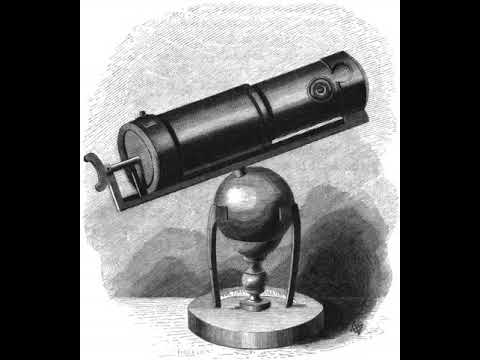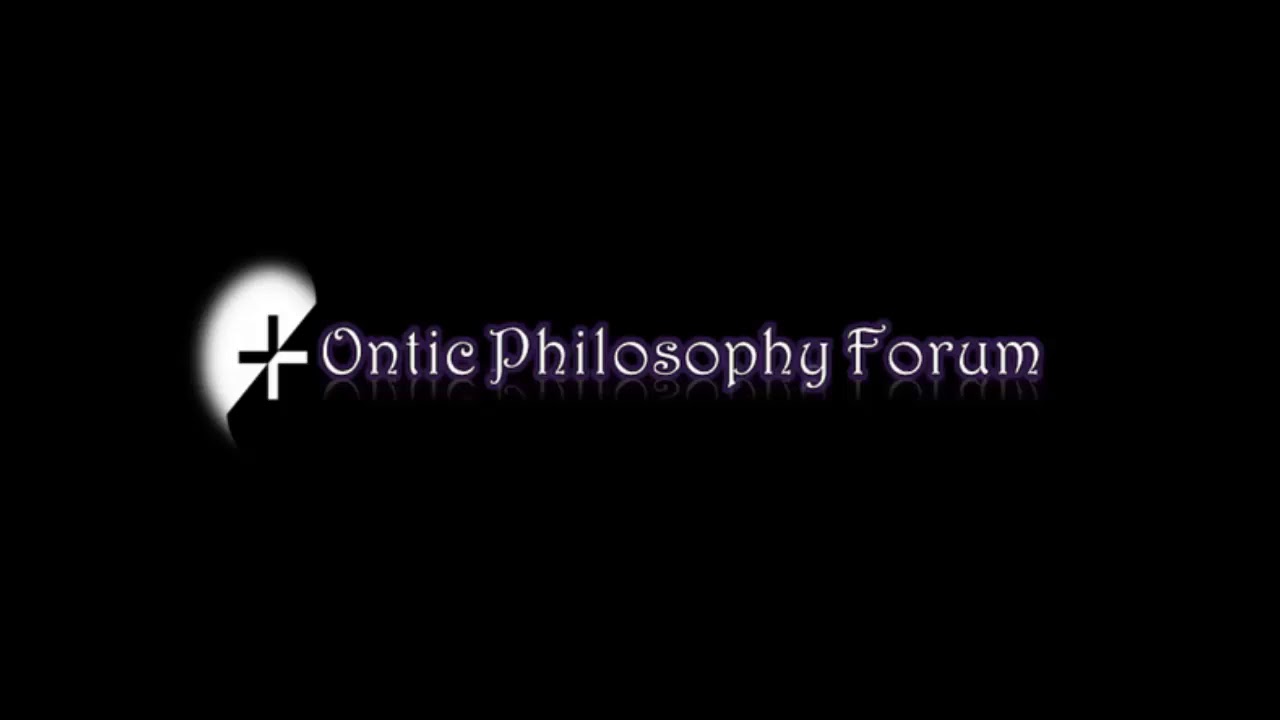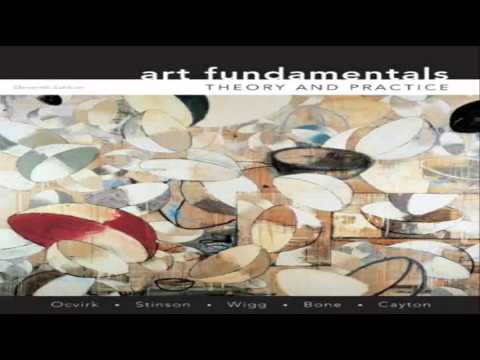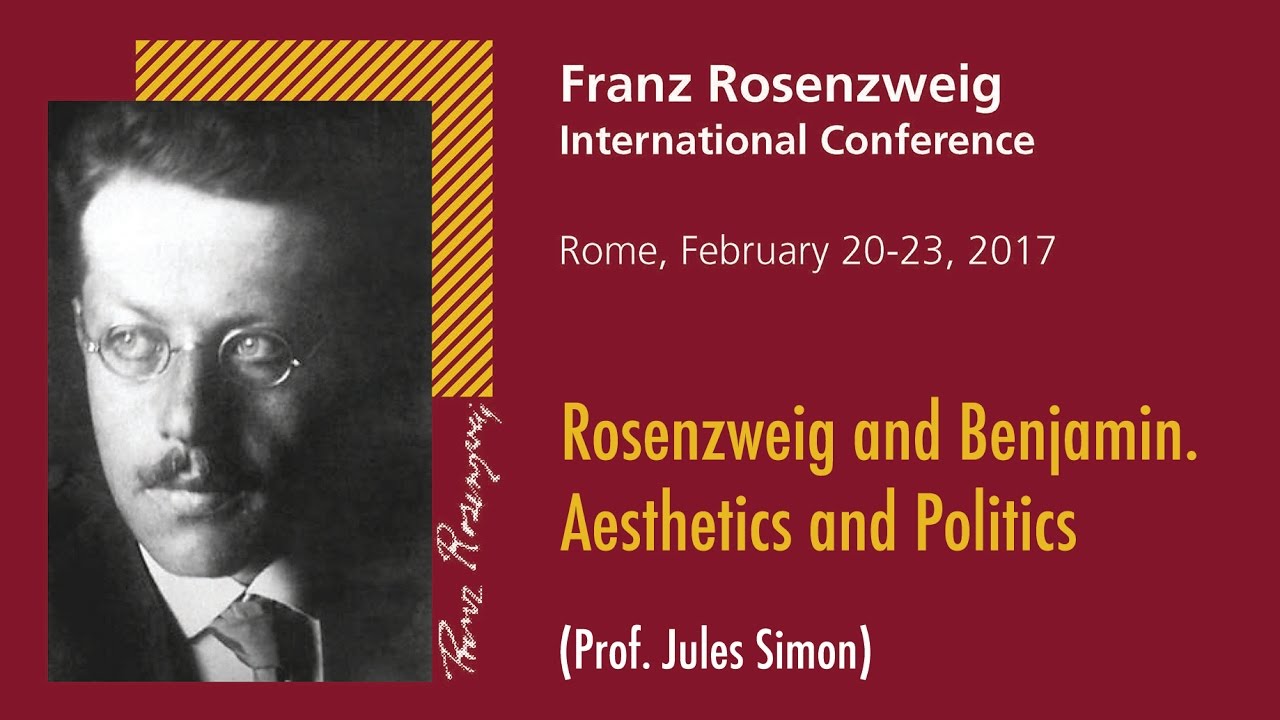This is an audio version of the Wikipedia Article:
https://en.wikipedia.org/wiki/History_of_science
00:01:47 1 Early cultures
00:03:03 1.1 Ancient Near East
00:06:57 1.2 Egypt
00:08:19 1.3 Greco-Roman world
00:15:22 1.4 India
00:20:10 1.5 China
00:26:34 2 In the Middle Ages
00:26:55 2.1 Byzantine Empire
00:29:00 2.2 Islamic world
00:33:22 2.3 Western Europe
00:37:55 3 Impact of science in Europe
00:40:09 3.1 Age of Enlightenment
00:41:24 3.2 Romanticism in science
00:42:05 4 Modern science
00:42:34 4.1 Natural sciences
00:42:43 4.1.1 Physics
00:46:33 4.1.2 Chemistry
00:49:01 4.1.3 Geology
00:53:05 4.1.4 Astronomy
00:54:47 4.1.5 Biology and medicine
00:57:39 4.1.6 Ecology
00:58:30 4.2 Social sciences
00:58:51 4.2.1 Political science
01:02:53 4.2.2 Linguistics
01:04:03 4.2.3 Economics
01:07:12 4.2.4 Psychology
01:09:08 4.2.5 Sociology
01:11:53 4.2.6 Anthropology
01:13:51 4.3 Emerging disciplines
01:15:40 5 Academic study
01:17:19 5.1 Theories and sociology of the history of science
01:21:11 5.2 Plight of many scientific innovators
Listening is a more natural way of learning, when compared to reading. Written language only began at around 3200 BC, but spoken language has existed long ago.
Learning by listening is a great way to:
– increases imagination and understanding
– improves your listening skills
– improves your own spoken accent
– learn while on the move
– reduce eye strain
Now learn the vast amount of general knowledge available on Wikipedia through audio (audio article). You could even learn subconsciously by playing the audio while you are sleeping! If you are planning to listen a lot, you could try using a bone conduction headphone, or a standard speaker instead of an earphone.
Listen on Google Assistant through Extra Audio:
https://assistant.google.com/services/invoke/uid/0000001a130b3f91
Other Wikipedia audio articles at:
https://www.youtube.com/results?search_query=wikipedia+tts
Upload your own Wikipedia articles through:
https://github.com/nodef/wikipedia-tts
Speaking Rate: 0.9029172222329539
Voice name: en-AU-Wavenet-D
“I cannot teach anybody anything, I can only make them think.”
– Socrates
SUMMARY
=======
The history of science is the study of the development of science and scientific knowledge, including both the natural and social sciences (the history of the arts and humanities is termed history of scholarship). Science is a body of empirical, theoretical, and practical knowledge about the natural world, produced by scientists who emphasize the observation, explanation, and prediction of real-world phenomena. Historiography of science, in contrast, studies the methods employed by historians of science.
The English word scientist is relatively recent—first coined by William Whewell in the 19th century. Previously, investigators of nature called themselves “natural philosophers”. While empirical investigations of the natural world have been described since classical antiquity (for example, by Thales and Aristotle), and the scientific method has been employed since the Middle Ages (for example, by Ibn al-Haytham and Roger Bacon), modern science began to develop in the early modern period, and in particular in the scientific revolution of 16th- and 17th-century Europe. Traditionally, historians of science have defined science sufficiently broadly to include those earlier inquiries.From the 18th through the late 20th century, the history of science, especially of the physical and biological sciences, was often presented as a progressive accumulation of knowledge, in which true theories replaced false beliefs. More recent historical interpretations, such as those of Thomas Kuhn, tend to portray the history of science in terms of competing paradigms or conceptual systems within a wider matrix of intellectual, cultural, economic and political trends. These interpretations, however, have met with opposition for they also portray the history of science as an incoherent system of incommensurable paradigms, not leading to any actual scientific progress but only to the illusion that it has occurred.
wikipedia tts
Source



